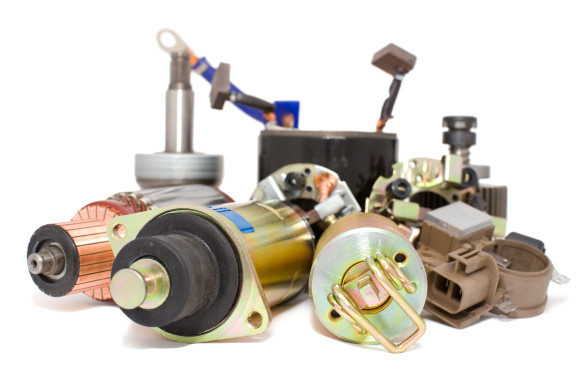Consider the scenario: A family of three suffers an accident and needs to replace several parts on their car. It’s an expensive ordeal. In our current system, drivers are forced to rely largely on replacement parts manufactured by auto companies, which cost up to 60 percent more than the generic version of the same parts. This represents a cost difference that can be in the thousands of dollars for a repair – a significant cost for the average American.
Shouldn’t we ease the burden of hard-working Americans by preserving a more affordable way for them to fix their cars?
PARTS Act
Congress must seize the moment to tackle another urgent transportation issue and pass the bipartisan “Promoting Automotive Repair, Trade, and Sales Act,” otherwise known as the PARTS Act of 2015 (H.R. 1057/S.B. 560). This legislation will preserve competition for replacement car parts, reduce their prices, and enable consumers to save in the aftermath of an accident.
The PARTS Act will provide consumers with more opportunities to purchase reliable and affordable car parts. Currently, American automakers have exclusive rights to manufacture replacement parts for their cars with design patents that last for 14 years. But cars rarely last 14 years, and consumers are left with pricey parts that expire with their vehicles.
Fortunately, the PARTS Act reduces the design patent time frame on these replacement parts, and just these parts, to 30 months. This will allow generic parts manufacturers to create quality replacement parts that are less expensive than the parts sold by automakers. More manufacturers of replacement auto parts means more competition, and more competition means lower prices for consumers.
The United Kingdom, as well as several other European countries and Australia, have enacted laws and provisions similar to the PARTS Act. But here in the United States, we have allowed special interests to get in the way of consumer interests.
Suppose a pharmaceutical company intentionally made drugs that didn’t keep people as healthy as they could be, and forced generic pharmaceuticals out of the market, keeping necessary medicine expensive and out of reach for average Americans.
We don’t stand for this in our health care system. Why would Congress allow a similar dynamic in the automobile industry?
Course Correct
Congress must course correct and pass the PARTS Act. This bipartisan measure increases competition in the marketplace for replacement car parts – competition that will drive down prices and protect the pocketbooks and livelihoods of Americans on the road.
Topics Auto Manufacturing
Was this article valuable?
Here are more articles you may enjoy.



 Judge Tosses Buffalo Wild Wings Lawsuit That Has ‘No Meat on Its Bones’
Judge Tosses Buffalo Wild Wings Lawsuit That Has ‘No Meat on Its Bones’  CFC Owners Said to Tap Banks for Sale, IPO of £5 Billion Insurer
CFC Owners Said to Tap Banks for Sale, IPO of £5 Billion Insurer  Zurich Insurance Profit Beats Estimates as CEO Eyes Beazley
Zurich Insurance Profit Beats Estimates as CEO Eyes Beazley  Palantir Decamps to Miami Co-Working Space in Surprise Move
Palantir Decamps to Miami Co-Working Space in Surprise Move 


